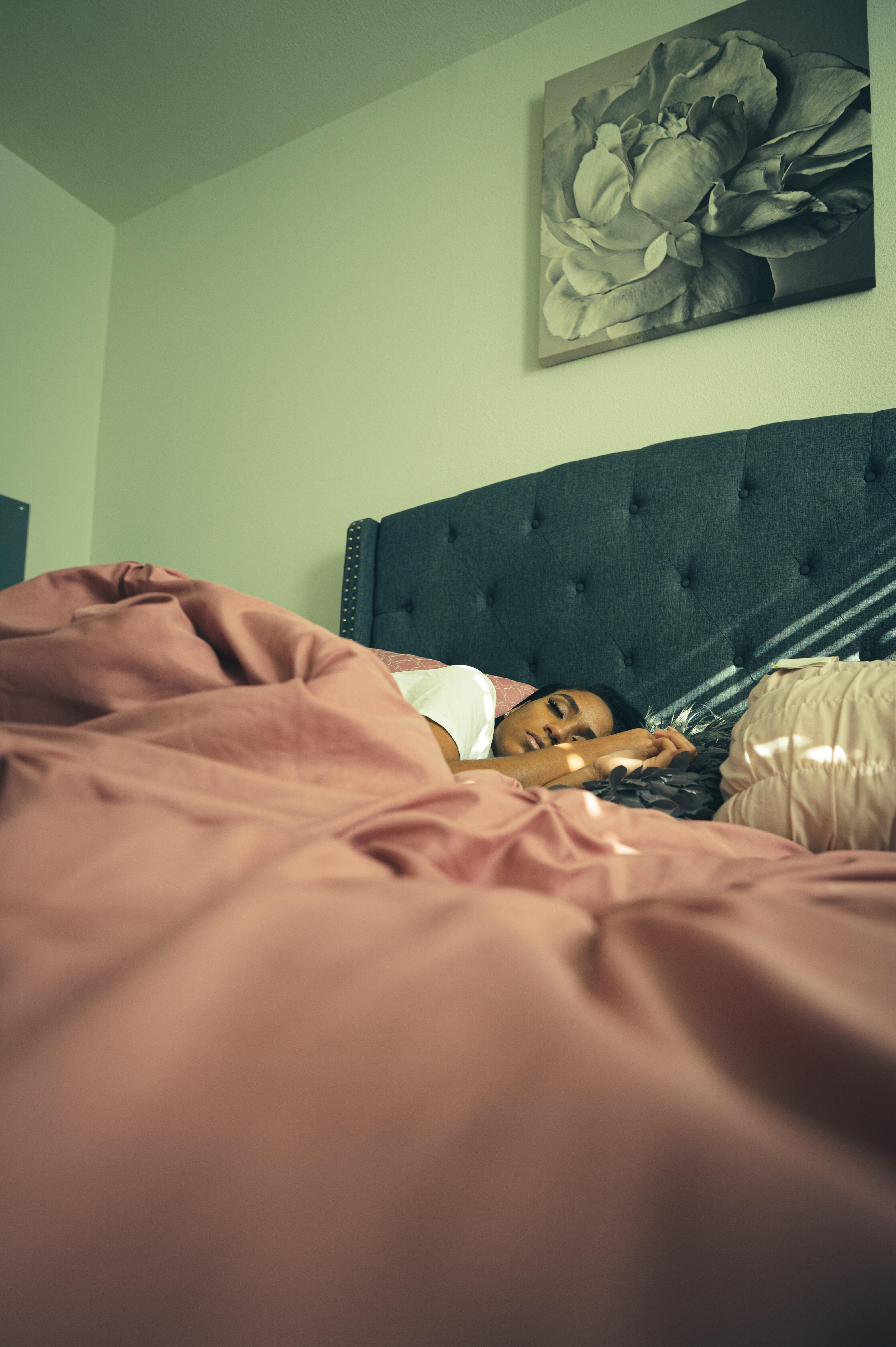The science behind the practice co-opted by white women in Lululemon

“You can’t stop the waves, but you can learn to surf”-Swami Satchidanana
This reminder has come in handy when constructing what should be a fairly straightforward article about how yoga can work in your life to improve sleep, something that 1 in 3 adults(at least) in America needed to work on, according to the CDC.
In yoga, we often discuss how “heady” things can get-when sitting down to write this article I could have written a dissertation on everything I’ve learned about yoga, from breathwork to movement to healthy eating and how it may benefit your sleep.
Chances are, if you opened this article, you’re begging me to get on with it. You just want to know how to receive a better night’s sleep, and does yoga actually help with that?
The answer is, of course, yes.
What is Yoga?
Yoga, derived from the Sanskrit root yuj, meaning to yoke, is an ancient set of practices designed to help one achieve liberation from all earthly suffering. As yoga has been brought from it’s origins in India to the West, the health benefits of yoga that it’s practitioners were always aware of have become increasingly mainstream and sought after.
These include:
less stress
pain relief
more energy
heart health
better sleep
Breath Awareness/Pranayama
The fourth limb of yoga, or pranayama, is control of the breath. The ability to focus on breathing forces one to be present in the moment, reducing the chances of the mind running off on tangents while you’re trying to get some much needed rest.
There are also many yogic breathing techniques designed to induce a deep state of relaxation, such as belly breathing. Belly breathing, or diaphragmatic breathing is how we reflexively breathe as infants and has been shown to promote increased quality of sleep.
The more one practices yoga and breathwork, even if it’s 5 minutes of belly breathing before bed every night, the more likely one is to naturally incorporate these practices into a healthy sleep routine.
Mindfulness and Deep Relaxation
Mindfulness is an important component of meditation and of many lineages of yogic and Buddhist teachings, asking that we observe our thoughts and feelings without judgement.
The practice of doing so has been shown to increase levels of melatonin and decrease the amount of sleep disturbances at night.
Deep relaxation is also promoted by specific types of yoga, such as restorative yoga and yoga nidra.
Restorative yoga, a newer branch of yoga, uses props such as blocks, straps, pillows, couch cushions(lots of cushions) to support the body and hold its’ weight.
The fundamental idea behind restorative yoga is that you are supported. You can experience the benefits of a child’s pose or reclined butterfly/supta baddha konasana) without worrying about stretching this way or extending that way because of how fully supported you are. Poses are held for much longer to experience deeper relaxation.
Yoga nidra is practiced either as a passageway to sleep or as a way to achieve deep relaxation using breath awareness and body scanning. Usually done laying down, the consciousness is rotated around to specific parts of the body as they are named in an attempt to achieve deep relaxation.
Regular Exercise and Lifestyle Improvement
Regular exercise has been consistently linked to better sleep at night. Yoga is exercise, contrary to the way many people view it- whether your teacher has you hold Warrior 2 for 5 minutes on each side 3 times or not, simply moving your body and getting out of your head is enough to stimulate not only better sleep but decrease the severity of insomnia, if you struggle with it.
A frequent exercise routine, such as a frequent yoga practice, also tends to come along with healthier eating and increased water intake. When we feel better, we usually want to treat our bodies better, and that includes sleeping better.
Final Thoughts
Yoga is thousands of years old and is a weaving of rich lineages and teachings that go far beyond what the west has co-opted it to be. If you’re interested in learning more about the roots of yoga, “Embody Yoga’s Roots” by Susanna Barkataki is an amazing book and I’ve been listening to the “Yoga Is Dead” Podcast Recently, run by two amazing South Asian yogis.
Yoga will help you achieve better sleep, due to:
breath awareness
mindfulness
yoga nidra/restorative rest to achieve deep relaxation
regular movement
